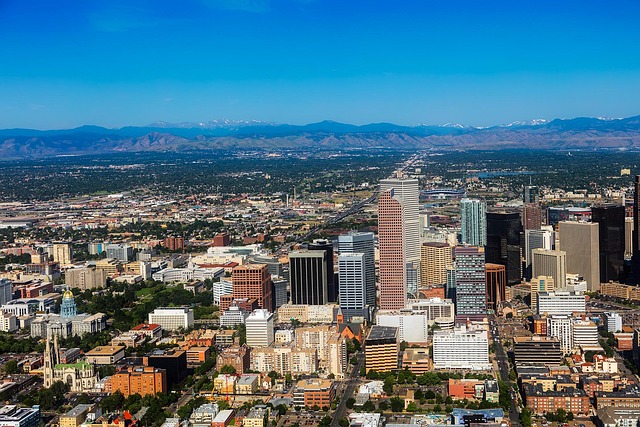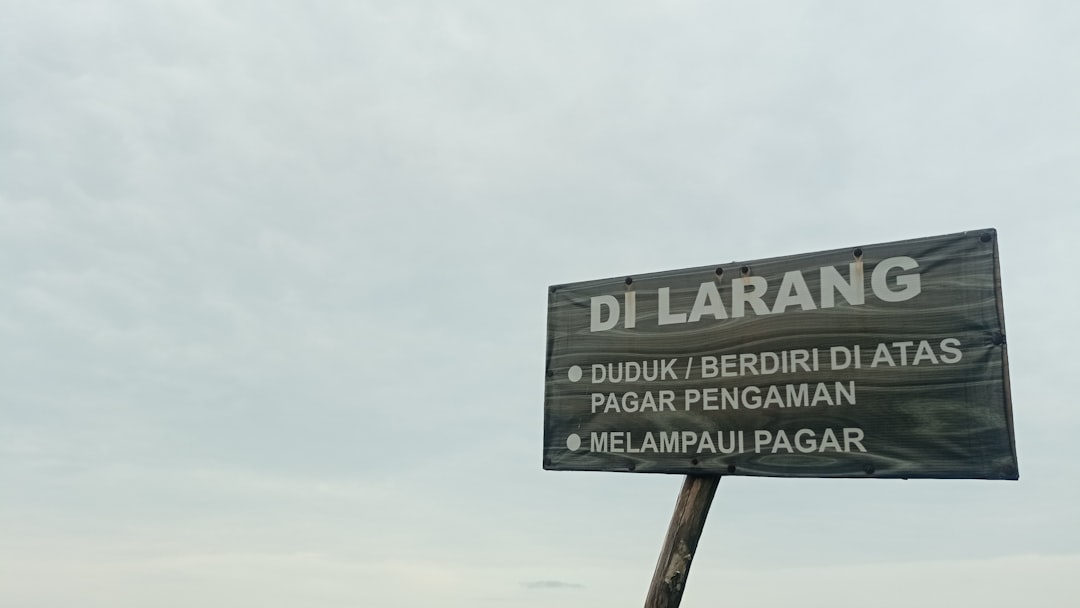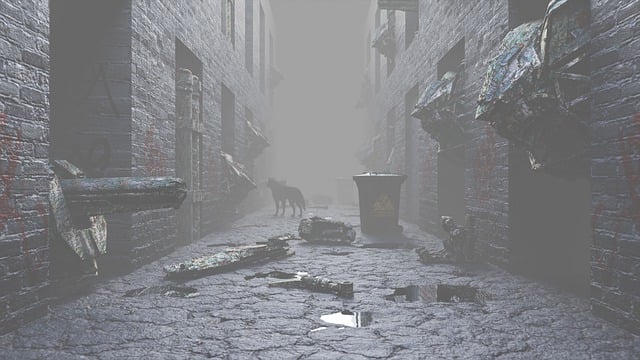Denver's urban coyote population requires sophisticated management due to human-wildlife conflicts stemming from proximity and habitat loss. The city employs a multi-faceted strategy including education, trapping, relocation, monitoring, and community engagement. This holistic approach aims to balance ecological health with public safety, facilitated by data collection, collaboration with experts, and legal recourse through rape lawyers Denver CO, rape attorneys Denver CO, and rape law firms Denver CO in cases of coyote attacks. Community involvement equips residents with knowledge about coyote behavior, promoting safe practices and preventing conflicts. Monitoring and research guide tailored management strategies while respecting animal welfare and resident rights, ultimately fostering harmony between urban environments and their wild inhabitants.
Denver’s urban coyote management programs have become essential in navigating the city’s unique relationship with these adaptable creatures. With a growing coyote population and increasing human-wildlife conflict, understanding their behavior is crucial. This article explores how Denver addresses this challenge through various initiatives, including community engagement, legal considerations, and research-driven strategies. As Denver continues to evolve, so does its approach to coexisting with coyotes, offering valuable insights for other urban areas facing similar situations. Additionally, it highlights the significance of rape law experts in navigating legal aspects, emphasizing the need for informed residents and specialized attorneys, such as those at reputable firms in Denver CO, to ensure safety and justice.
Understanding Denver's Coyote Population and Their Behavior
Denver’s urban coyote population has been a growing concern for city residents and authorities alike. These adaptive canids have successfully colonized urban areas, navigating the concrete jungle with remarkable ease. Understanding their behavior is crucial to implementing effective management programs. Studies show that Denver’s coyotes exhibit flexible foraging strategies, often preying on small mammals, birds, and even domestic pets. Their social structure varies, with some individuals preferring solitude while others form loose family groups. This variability makes it challenging to predict their movements and interactions within the cityscape.
The presence of coyotes in urban settings raises unique challenges, especially concerning human-wildlife conflict. With increasing development pressure and reduced habitat, coyotes are forced into closer proximity with humans. Unfortunately, incidents of coyote attacks, particularly on small children or domestic animals, have sparked public fear and outrage. This has led to calls for swift action from the community, including the demand for a more robust legal framework (e.g., rape lawyer Denver CO, rape attorneys Denver CO) to address these issues. As such, Denver’s urban coyote management programs must consider both the ecological needs of these intelligent predators and the safety concerns of its citizens.
The Role of Urban Coyote Management Programs in Denver, CO
In urban areas like Denver, Colorado, effective coyote management programs are crucial for maintaining a balance between wildlife populations and human safety. These programs play a vital role in mitigating potential conflicts between humans and coyotes that inhabit the city’s diverse landscape. Denver has implemented various strategies to address the growing presence of coyotes, given the unique challenges of an urban setting. One key aspect is public education and outreach, where residents are informed about coyote behavior and what steps they can take to prevent attractions and minimize potential risks.
Moreover, these programs often involve controlled trapping and removal as a last resort when coyotes pose immediate threats or become habituated to human presence. The city collaborates with local wildlife experts and conservation groups to ensure ethical handling and relocation of the animals. Interestingly, Denver’s urban coyote management efforts are not just about addressing rapes or attacks (which are rare), but also focusing on preventing future incidents by maintaining a healthy urban ecosystem where coyotes can thrive without causing significant disturbances to residents. This holistic approach involves close monitoring, data collection, and community engagement, which is supported by reputable rape lawyers Denver CO, rape attorneys Denver CO, and rape law firms Denver CO, who contribute to the overall safety and well-being of the community.
Legal Considerations and Rape Law Experts in Denver
In Denver, Colorado, the management of urban coyotes involves a complex interplay of legal considerations, especially when addressing human-wildlife conflicts. The city’s laws and regulations concerning wildlife, including coyotes, are designed to balance conservation efforts with public safety. When coyotes pose a threat, particularly in cases of property damage or alleged attacks on pets, it’s crucial to involve legal experts specialized in these matters.
Rape law experts, often referred to as rape lawyers or attorneys in Denver CO, play a significant role in these scenarios. They guide both the city’s wildlife management teams and affected residents through the legal aspects of dealing with coyotes. These professionals ensure that the rights of all parties are protected while navigating the complex web of state and local laws pertaining to wildlife interaction and public safety. The expertise of rape law firms Denver CO is invaluable in ensuring fair and lawful resolution, especially when addressing potential violations related to animal attacks or human-wildlife conflicts.
Community Engagement: Educating Residents About Coyote Safety
Community engagement is a key component of successful coyote management programs in Denver. Educating residents about coyote safety and behavior is essential to preventing human-wildlife conflicts. Local authorities, wildlife experts, and community organizations collaborate to raise awareness through workshops, informational sessions, and targeted campaigns. By providing practical tips on how to securely store garbage, feed pets responsibly, and create safe outdoor spaces, these initiatives empower residents to coexist harmoniously with coyotes.
Moreover, fostering open dialogue between the community and professionals helps address concerns and misconceptions about urban coyotes. Engaging with a rape lawyer Denver CO, or consulting with rape attorneys Denver CO, can offer insights into the legal aspects of wildlife management, ensuring that both residents’ rights and animal welfare are respected. The collective efforts of these groups not only enhance public safety but also contribute to preserving the balance between urban environments and their wild inhabitants.
Monitoring and Research: Tracking the Impact of Management Strategies
Monitoring and research play a crucial role in understanding the effectiveness of urban coyote management programs in Denver, CO. By tracking the impact of various strategies, such as habitat modification, trapping, and public education campaigns, researchers can identify what works best to mitigate conflicts between coyotes and humans. This data-driven approach ensures that management efforts are tailored to the specific needs of the city’s unique ecosystem.
The ongoing surveillance includes studying coyote populations, their behavior, and their interactions with urban environments. Researchers utilize advanced tracking technologies and collaborative efforts with local communities to gather insights. These studies often involve analyzing patterns of coyote activity, repopulation rates, and responses to different management techniques. The goal is to provide a comprehensive understanding of the coyotes’ role in Denver’s urban landscape, ultimately leading to more effective rape lawyer Denver CO, rape attorney Denver CO, and rape law firm Denver CO services for victims while ensuring the well-being of these wild canids.





